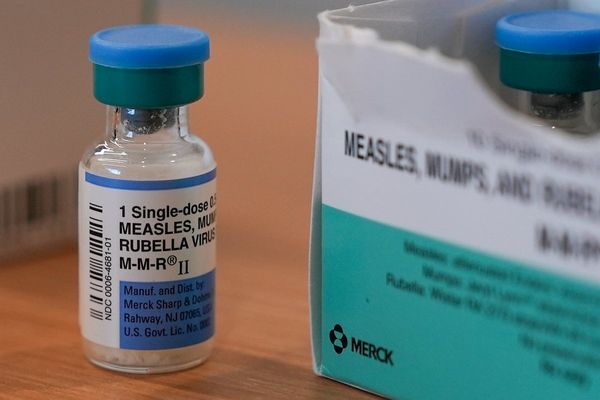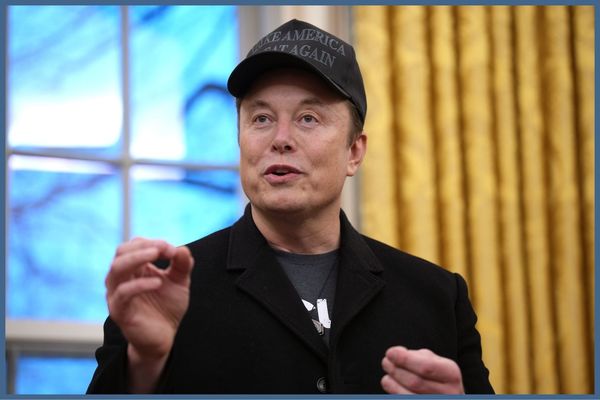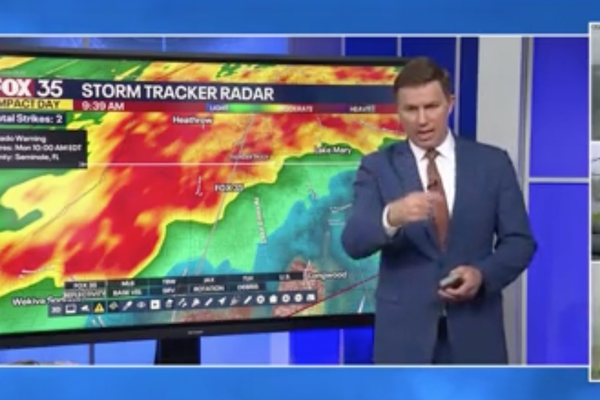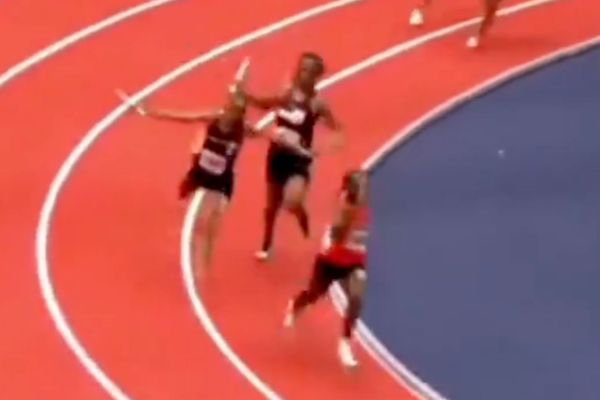A new research project at Ballarat's Federation University is collating stories of Aboriginal heroism during the early years of British occupation.
Led by historian Fred Cahir, the project is uncovering hundreds of stories of Aboriginal people saving the lives of settler colonists.
Dr Cahir said it was important to recognise these instances of "Aboriginal heroic acts".
"Generally speaking, most Australians feel that Aboriginal people had no role in the development of Australia as a nation," he said.
"Clearly the research indicates they had an integral role in saving us from bushfire, from floods, tracking our lost children, our lost stock — indeed, we relied on Aboriginal expertise and skill."
Saved from deadly flood
One such example was a catastrophic flood that hit Gundagai in the 1850s.
Remembered as one of the most destructive floods in Australian history, were it not for two Wiradjuri men the tragedy would have been much worse.
Another story closer to home for the Ballarat-based academic was a fire in the Victorian town of Rutherglen.
Dr Cahir said settlers sought the help of local Aboriginal people when a fire threatened the town and were given advice on how to extinguish it.
"When the fire became too large, the Aboriginal people directed them to safe areas and saved the town," he said.
Truth telling
Dr Cahir hopes stories like these will give non-Indigenous Australians a chance to celebrate the many instances settler lives were saved by Aboriginal people.
He said it was the first time a comprehensive study of heroic actions by Aboriginal people had been attempted.
"Part of the truth telling is not just about the violence that was metered upon Aboriginal people, but I think an important part of the truth and reconciliation is revealing the integral role Aboriginal people played in Australia's development."
Last year the Victoria government announced it would support a truth and justice commission into the ongoing impact of colonisation on Aboriginal communities.
'Terrific to commemorate'
The research, which will be presented in the form of a documentary film, a book and a digital map, will be released late this year.
Dr Cahir said these "positive stories" would be a useful resource for teachers as well as heritage and tourism organisations.
"I think there's been a lot of debate in the past couple of years about whether to tear down statues of Captain Cook, for example," he said.
"My personal opinion is rather than tearing down those statues, that we leave them up to commemorate those non-Indigenous folk but also erect new statues that commemorate the Aboriginal heroes."
Dr Cahir has an interest in bush survival, sparked by a narrowly avoided disaster when he ran out of food and water while cycling across the Nullarbor.
He said he hoped the research would result in a new recognition of Aboriginal heroes, adding that it would be "terrific to commemorate [them] in main streets everywhere".



![Nevada Math Prof Alleges Discipline for "Voic[ing] Concerns About … the Math Department … Lower[ing] Its Curriculum Standards"](https://images.inkl.com/s3/publisher/cover/212/reason-cover.png?w=600)



